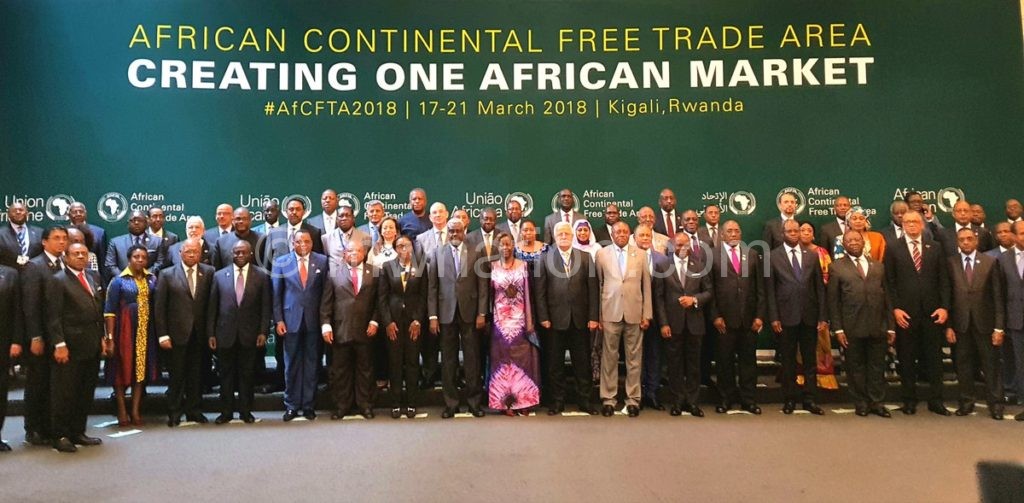‘Trade policy should not be left to governments alone’
The African Trade Policy Centre (ATPC) at the United Nations Economic Commission for Africa (ECA) has called for greater private sector involvement in trade policy processes across the continent.
Speaking on Tuesday in Lusaka, Zambia at the opening of a four-day African Union (AU) meeting on Strengthening National and Regional Trade Policy Dialogue Platforms ATPC coordinator David Luke said trade policy and its effects are too complicated and far-reaching to be left to governments alone.

“Effective trade strategies are a product of a trade policy-making process that includes all the key stakeholders. We expect, therefore, to see consultation and dialogue become an inherent feature of trade policy governance at all levels,” he said.
Luke stated that as negotiations and actual work of establishing the African Continental Free Trade Area (AfCFTA) continue, the importance of consultations and dialogue among governments, private sector, civil society, parliamentarians and other relevant stakeholders cannot be overemphasised.
“We, at the ECA, believe that it is only through consultation and dialogue among key stakeholders that Africa will be able to strategically respond to emerging opportunities and challenges as well as defend its strategic interests,” said Luke.
The AfCFTA Agreement covers trade in goods, trade in services, investment, intellectual property rights and competition policy.
So far, 49 AU member States have signed up to the AfCFTA and seven have deposited instruments of ratification with the African Union Commission (AUC).





